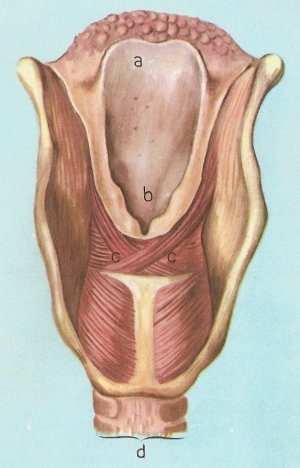
mmm k. So, this is super late. sorry.
I think Stein was a genius. I mean, the work she put out in the the early 20th century is so much more interesting than the majority of "main stream" poetry that is widely available today. She had such a gift for sound and rythym, and though I hate to use this word, her poetry feels inspired. I don't think Stein necessarily always had a clear idea or intention when writing her poetry, but it feels like it's about something, but that something
isn't fixed or rigid in any way.
Ok, now I'll talk specifically about Stein's work. I've actually read Tender Buttons a few times, and enjoy it a great deal. I'm always surprised by how much I enjoy the process of reading her work; especially when reading something like The Making of Americans. It's a pretty repetitive piece, but I can't help liking it. I think it has something to do with the idea of American identity, which, to me, is a fascinating topic. As an ex-patriot living in France, I think Stein is able to offer an intriguing look at what makes a person American. now, I realize a majority of that text is really difficult to read, and is probably not specifically "about" anything, but when I read the text with the previously mentioned idea in mind, I can't help but base your interpretations on it.
One of Stein's most well known poems, "Susie Asado," contains a favorite line of mine, "Trees tremble, the old vats are in bobbles, bobbles which shade and shove and render clean, render clean must." The image of trees trembling is really stunning, and I love that Stein never discusses the dance going on around her, but instead invokes all these strange images. I also enjoy the "render clean, render clean must," but I'm not sure why. There is something secretive and shameful conveyed in those words. I think it's best not to search too deeply for one meaning or idea in Stein's work. It can be really discouraging if you're told a work has to mean one, and only one, thing.

